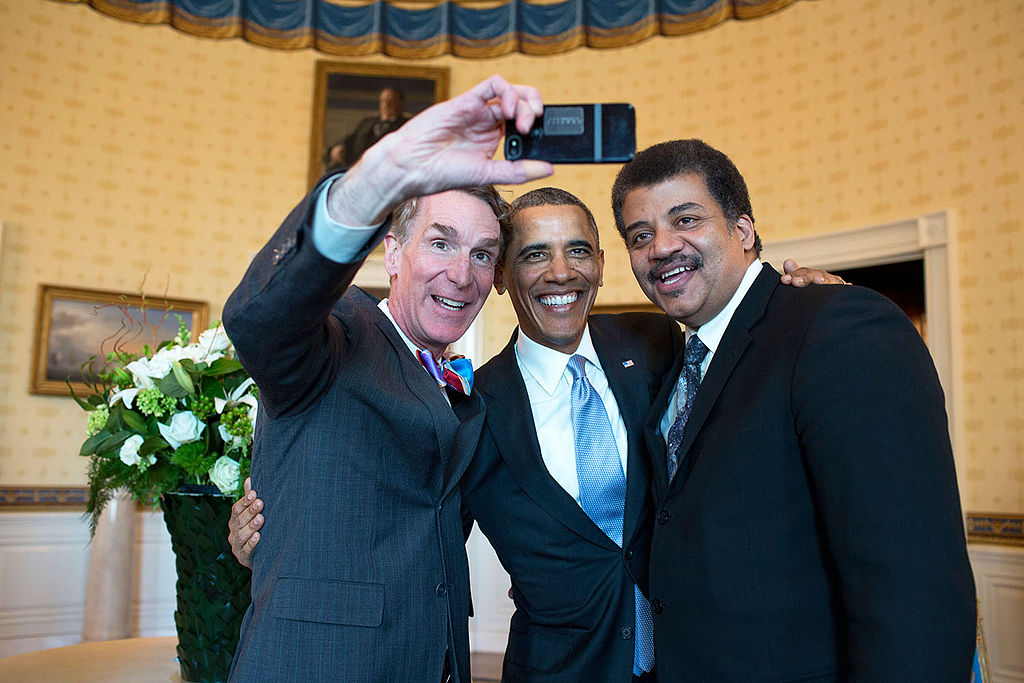Bebo. MySpace. Hi5. Friendster. Facebook. YouTube. Flickr. Twitter. Tumblr. Instagram. Some of these are dead; some of these are dying; some of these still have many more years to serve. Since the birth of the 21st century, social media has dominated our lives. Liking, commenting and sharing are essential now. Translating streams of thought into emojis is the norm.
However, your liking, sharing, and commenting mean that privacy is now non-existent. Choosing to participate in social media means that you consent to have your interests, likes and shares retainable by social media companies and the world. Social media started out with fantastic intentions – stay in touch with your sister’s boyfriend’s cousin’s stepbrother’s best friend, as you have a very close and budding relationship; send a cute photo of your dog to great-aunt Jill, as she cannot be with you as she lives in a galaxy far far away. Social media gave the intention of maintaining relationships that previously would have melted away, most likely without your noticing. However, social media now goes far further than this. Privacy in the 21st century is a pressing issue, filtered out with your consent. If you choose to create a Facebook profile, a Twitter page, an Instagram feed, you consent to these major companies keeping your online persona.
Facebook even has ethically misguided features that not all the public is not aware of – if you consent to opening Facebook on your computer, Facebook is legally allowed to track other websites you visit. Within the US, Facebook is rolling out the feature that allows the app to “listen” to the movies and songs you are listening to and watching. Privacy is thus non existent in our social media dominated modern era.
However, corporate privacy is not even the main issue with social media. Sure, we all know that our governments are spying on us, thanks to whistleblower Edward Snowden. We are all aware that Facebook, Twitter, Instagram, etc, creates ads for us based on what we like, dislike and share. The major flaw with social media is not corporations sharing our information: it is our attitude towards it.
Of course, with photo sharing and status updates comes a major problem: personal privacy and identity. Some people stay away from social media, citing privacy related issues. However, there is no current way to deal with photos and posts that use a person’s image without their consent. Within this age, this can be anywhere on the scale from revenge-porn to uploading a cute photo of your kids. There is no real barrier between what is right and what is wrong to post on social media.
It is now normal to post photos of young children on social media for example- but is it right? Kids don’t consent to having their picture taken, and these pictures and status updates of them are available to be accessed by anybody, for the rest of the child’s life. Sticking cutesy photos in an album is no longer enough, it seems. Through social media, people seem to crave approval.Sharing every aspect of our lives feels essential now. With this evolution of social media, came the notion of “sharing”.
In 2014, an American teenager took a selfie at the Auschwitz-Birkenau concentration camp. Smiling directly at the camera, in a pink jumper, one earbud in, she tweeted “Selfie in the Auschwitz Camp” – cue a blushing emoji. Naturally, this incident stormed an outrage. Acquiring thousands of hate responses, the teen deleted the tweet but retaliated, arguing that she went to Auschwitz on the first anniversary of her father’s death. She claimed that they studied history together, and the Holocaust was the last topic they covered before his death. Sentimental stuff. Except that it’s not. Grossly inappropriate, this is not a one-off event. People take selfies at the 9/11 memorial site everyday. Huge political figures have committed the same indecency. Barack Obama, Helle Thorning-Schmidt and David Cameron taking a selfie together at Nelson Mandela’s funeral, for example.
Some psychologists argue that this allows us, human kind, to put our lives into relevance. Justifications such as these are almost as inappropriate as these selfies themselves. Within the past fifteen years, social media has changed the relationship that individuals hold with society. – people are willing to showcase human suffering to garner likes and comments to feel special. The more likes on your profile photo, the more retweets you gain, the more followers you have, the better you feel. Social media constructs an illusion of popularity. The less likes you garner on a selfie, the more likely you are to second-guess your looks. Identity is built on approval from others, but with social media, this is amplified so much more.
Of course, so many of us have tried the whole give-up-Facebook-for-Lent/New Years/etc. We undoubtedly believe that a social media cleanse would be good for us, but this diet for the mind does not often work. Social media is a hotbed for anxiety. The fear of missing out is a major reason why many people do not want to delete their profiles. Through social media, you know what your friends are doing, when, and where.
When separated from endless documentation, people tend to feel a social disconnection. With uploading photos, posting statuses and checking in with location updates, there is a feeling of maintaining and securing online relationships. Events are often advertised now on Facebook and Twitter, and people may miss out on discovering them if they abstain from social networking. So what does social media hold for the future? The truth be told, no one really knows. Shows like ‘Black Mirror’ toy with the idea of eye implants, recording everything we see – a sentiment echoed in Dave Egger’s ‘The Circle’.
A generation of children are being brought up with their lives documented entirely, and this is not going to stop any time. Social media is becoming more of an opt-out, rather than opt-in system. It feels essential, rather than just useful, or fun. Whether it’s as innocent as tweeting a show you are watching, or as extreme as the Auschwitz selfie, opting out is just too big a step for some people.
Josie Mortimer
Featured Photo: Pixelkult




